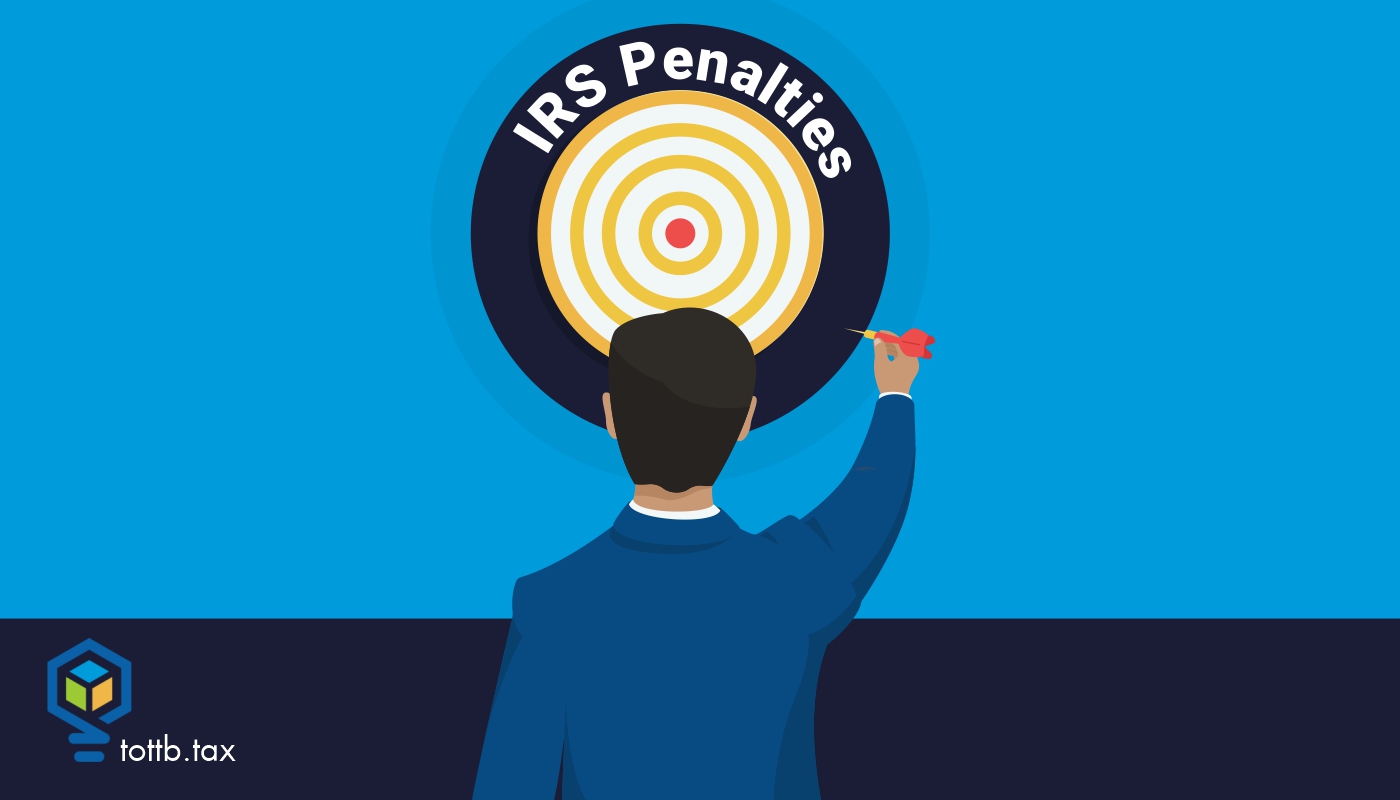A penalty specifically for taxpayers who have made a mistake on their return. That's how I explain the accuracy related penalty to taxpayers. This penalty carries a punch as well, with 20% of the tax the IRS didn't receive due to the taxpayer making a mistake. This seems harsh out of context. The reason for this harshness is because the IRS considers these "mistakes" to be intentional due to taxpayer negligence. This is one of the reasons at my firm that we encourage our clients to take their time when filling out the intake form and gathering their documents. Omitting an income document can be costly in the end to both you and your client. The IRS will hit your client with penalties that they could have avoided, and you may compromise the integrity of your firm.

Contracts, Signing Bonuses, and the Substantial Presence Test
In tighter job markets, recruits are often offered signing bonuses (and sometimes moving expenses) to join a firm. Sometimes construction workers temporarily relocate to jobs in other states while they are employed by the company that hired them in their home state. This article reviews some of the foundational tax concepts to consider when evaluating sourcing of income for state tax purposes.






